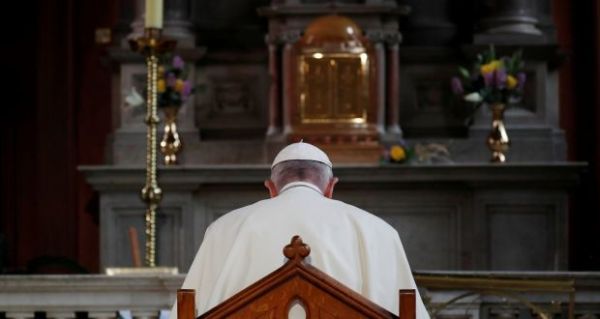Pope Francis said, “Every one of us is called to assume responsibility for his or her part,” and he highlighted the fact that we must look to the future working for a social order in which the dignity and the gifts of all of its members are respected.
From top to bottom and from bottom to top
To better explain its meaning, he recalled how after the great economic depression of 1929, Pope Pius XI explained that “this principle has a double movement: from top to bottom and from bottom to top.”
“To emerge better from a crisis, the principle of subsidiarity must be enacted, respecting the autonomy and the capacity to take initiative that everyone has, especially the least,” the Pope said elaborating on the fact that this principle “allows everyone to assume his or her own role for the healing and destiny of society.”
He decried the fact that many people are unable to participate in the reconstruction of the common good because they are marginalised, excluded or ignored.
“Certain social groups do not succeed in making a contribution because they are economically or socially suffocated. In some societies, many people are not free to express their own faith and their own values,” he said.
Elsewhere, he continued, “especially in the western world, many people repress their own ethical or religious convictions: This is no way to emerge from the crisis, or at least to emerge from it better.”
Pope Francis said that it is right that the highest levels of society, such as the State, should intervene to provide the necessary resources to progress. He noted that public institutions are trying to help through appropriate interventions; however, he continued, society’s leaders must respect and promote the intermediate or lower levels.
ENDS


